Hotel Pinija’s Commitment to Sustainability: Reducing Food Waste with Harp CX2
Hotel Pinija, located just 12km northwest of Zadar, Croatia, has long been a family-friendly resort offering guests a mix of relaxation, wellness, and cultural exploration. With its beautiful location, featuring beaches, pools, restaurants, and spa facilities, the hotel has built a reputation as a perfect destination for both leisure and exploration. But Hotel Pinija isnt’t just about comfort and leisure, it is also deeply committed to sustainability and environmental responsibility.
As part of its dedication to preserving the natural beauty of the region, Hotel Pinija has incorporated various sustainable practices into its operations. One of the key areas where the hotel is making a difference is in managing its food waste, an essential step toward reducing its overall environmental impact.
Sustainable Waste Management: The Harp CX2 Solution
Hotel Pinija has integrated the Harp CX2 food waste processor into its daily operations to minimize food waste and reduce its carbon footprint. The Harp CX2 is an aerobic on-site food waste processor that can convert up to 2000 litres of organic waste per week into high-value fertiliser in less than 24 hours. This innovative machine is designed for smaller businesses like hotels, restaurants, and cafes, making it the perfect solution for Hotel Pinija.
The Harp CX2 operates automatically, requiring minimal manual intervention, making it both efficient and easy to use. The system is equipped with sensors and controls that monitor and regulate the temperature, pH, and other critical parameters for optimal digestion. Additionally, it includes safety features to prevent overpressure and ensure safe operation.
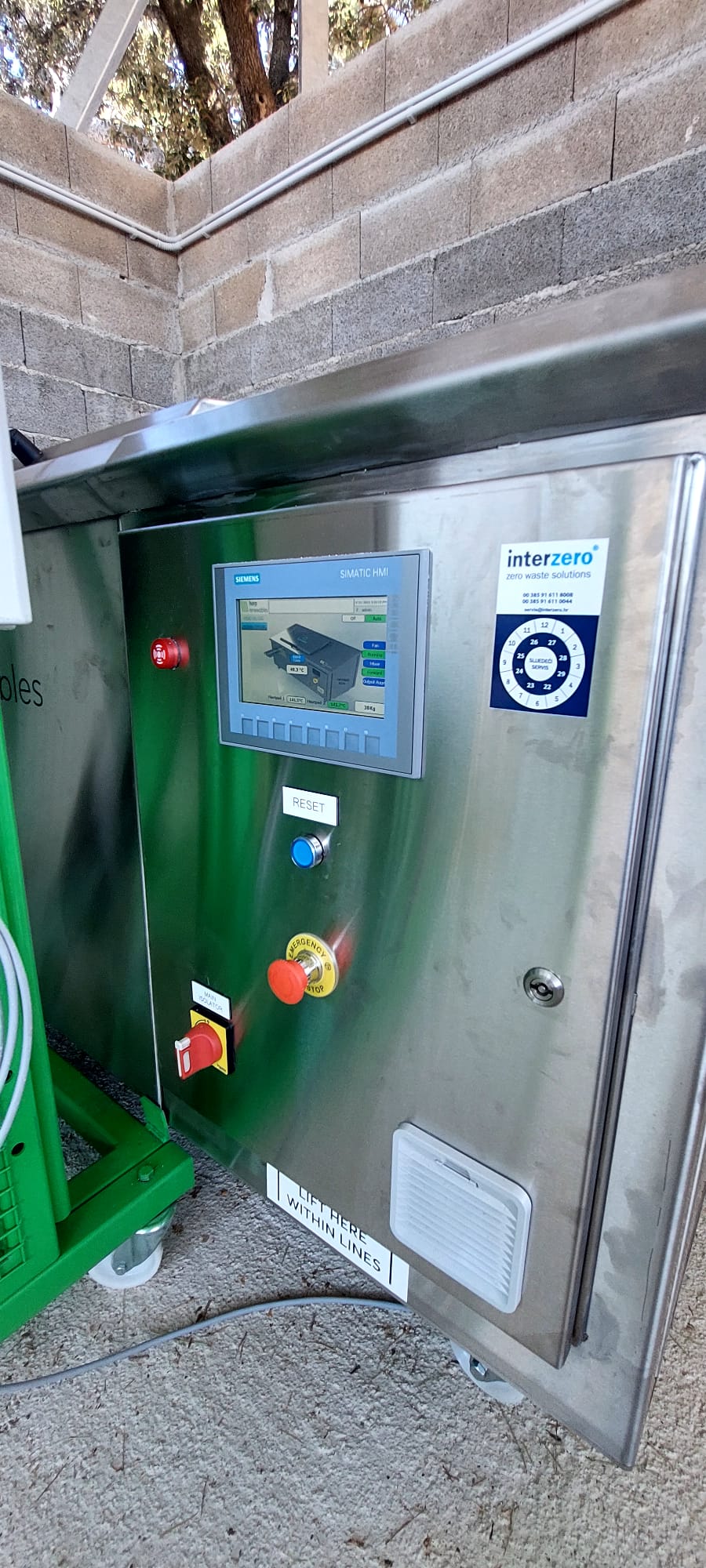
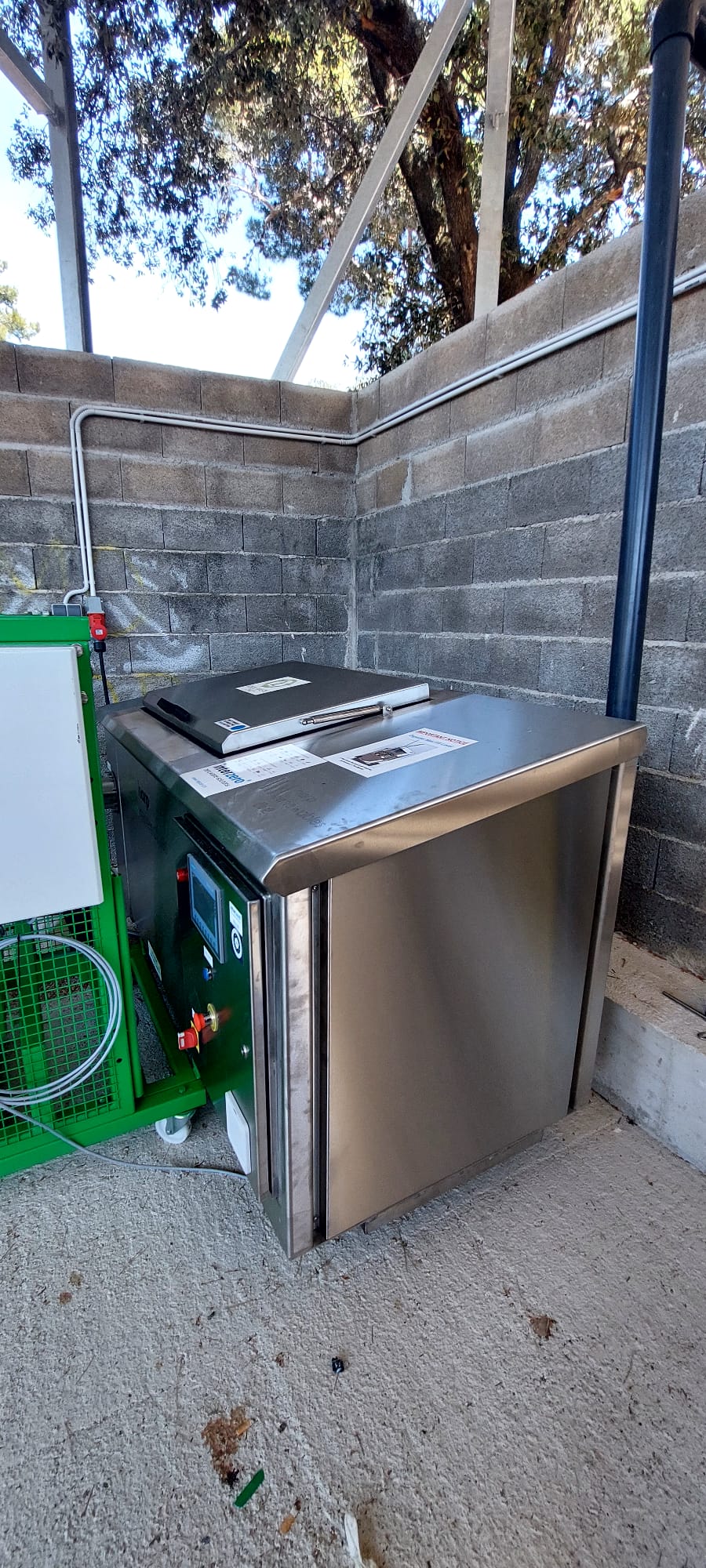
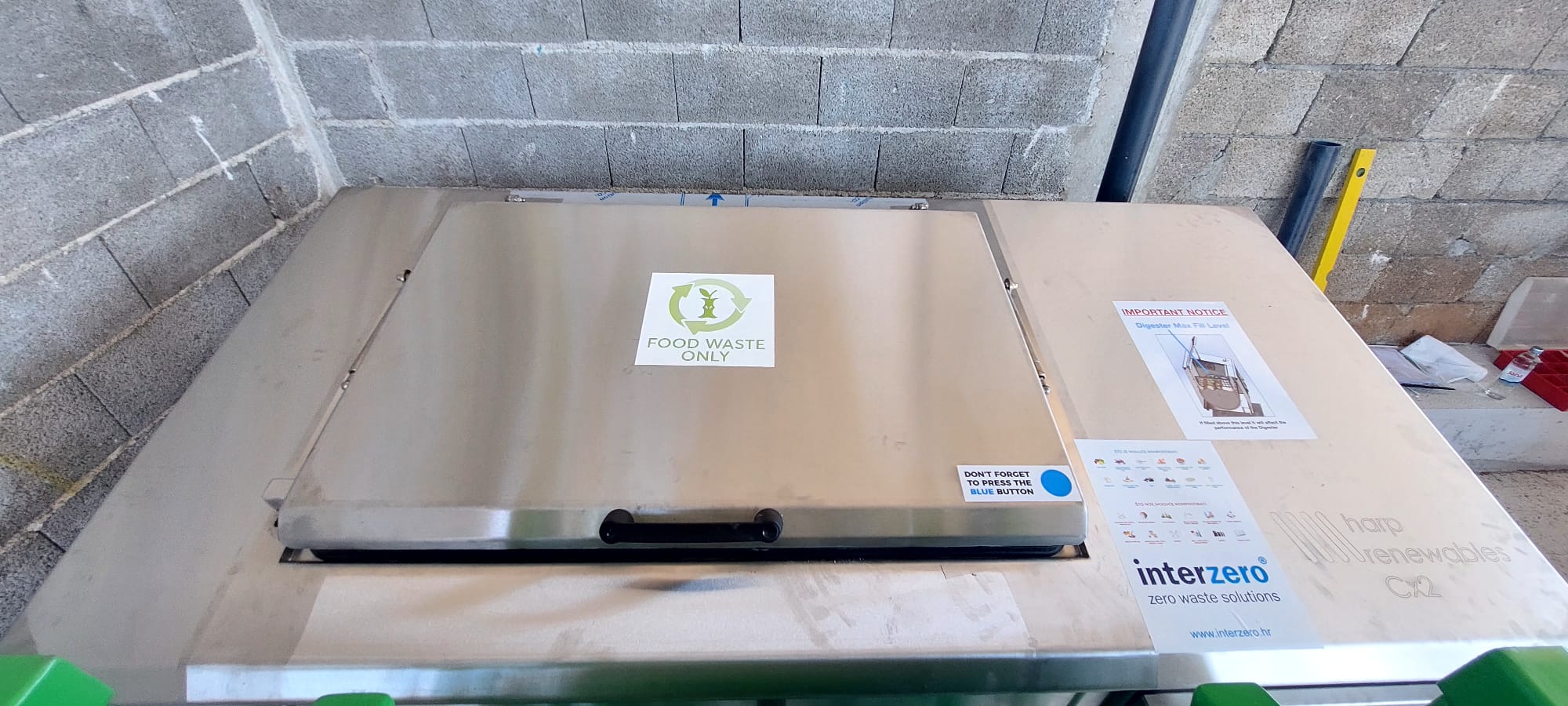
Key Specifications:
- Waste Stream: Restaurant Waste
- Capacity: 285 Litres/Day, 2000 Litres/Week, 104,000 Litres/Year
- Estimated CO2 Savings: -1497.2 KgCO2eq (-1.5 Tonnes CO2eq)
- Equipment: Harp CX2 with built-in bin lifter
Positive Outcomes and Results
Since the installation of the Harp CX2, Hotel Pinija has already seen impressive results, with multiple benefits arising from the integration of this technology:
-
Reduced Food Waste Sent to Landfill: By processing food waste on-site, the volume of waste sent to landfills is significantly reduced. This directly lowers waste disposal costs and the frequency of waste collection services, contributing to long-term cost savings.
-
Lower Carbon Footprint: By diverting food waste from landfills, the hotel has effectively reduced its contribution to methane emissions, which is a potent greenhouse gas. Reducing the need for waste transport also decreases carbon emissions associated with the hotel’s operations.
-
Nutrient-Rich Fertiliser: The processed food waste is converted into a compost-like fertiliser that can be used to enhance the landscaping on the hotel grounds. This not only reduces the need for chemical fertilisers but also promotes the use of organic materials to improve soil health.
-
Improved Hygiene: On-site food waste processing results in a cleaner kitchen and waste storage areas, minimizing odours and reducing the potential for pests. This creates a more sanitary environment for both staff and guests.
-
Employee Engagement and Sustainability Culture: The integration of the Harp CX2 has created greater awareness of sustainability practices among employees. This helps foster a culture of environmental responsibility within the hotel, which is crucial for long-term sustainability efforts.
Long-Term Financial and Environmental Benefits
By investing in the Harp CX2, Hotel Pinija is not only improving its operational efficiency but also contributing to a more sustainable future. The reduction in waste and the potential reuse of by-products like fertiliser helps the hotel achieve both environmental and financial benefits. This investment aligns perfectly with the hotel’s broader commitment to reducing its ecological footprint while delivering exceptional guest experiences.


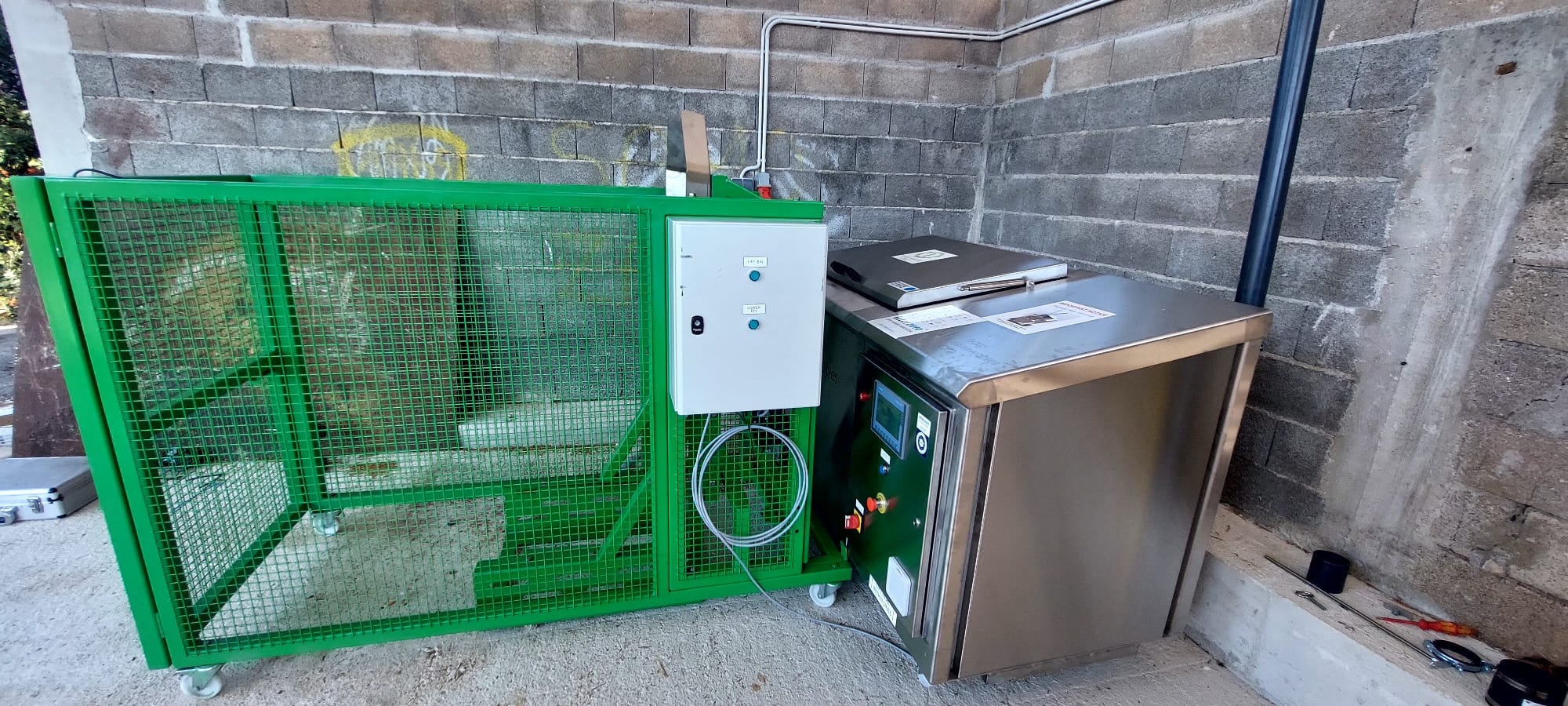



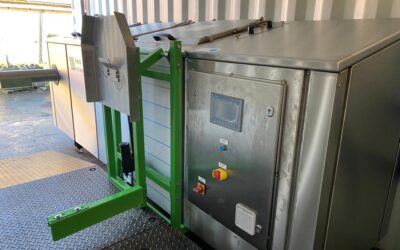
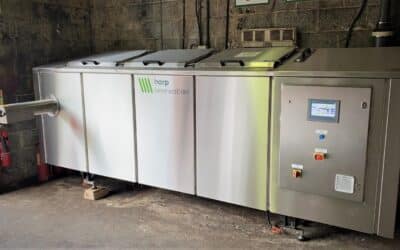

0 Comments